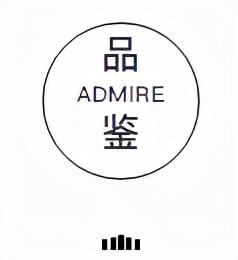我们经常会说you should do something,说明这是一件正确的,好的事,同时,也可以在给建议,表明观点的时候使用。
- You look tired today, you should go to bed.
- I think we should invite Susan to the party.
- It's very cold this morning, I should wear a coat.

我们也在事情不是正确的,或者不是我们所希望的情况下,使用should:
- The price on this paket is wrong. It should be ¥1.5, not ¥2.5.
- Those boys should be at school now, why are they here?
- He should be wearing a helmet.

从句子表达的语气可以明白,should没有must表达的意思肯定。
- You should apologise.(你应该这么做)
- You must apologise.(你必须这么做)
should 有和现在完成时的使用搭配:should have done,意思是:你没有做某件事情,恰恰那件事情是应该被做。
- I wonder why they're so late, they should have been here an hour ago.
我很奇怪为什么他们这么晚,他们应该1个小时前就到了的。
(应该1个小时前到,事实恰恰相反,到现在为止都没到)
- She shouldn't have been listening to our conversation. It was private.
她不应该听到我们的谈话,那是私密性质的。
(不应该被听到,结果是“她”知道了)

should和had better 有些相似,但是should可以针对所有的情况给出自己的观点或意见,而had better只是针对特定情况。
- It's very cold today, you'd better wear a coat when you go out.
今天很冷,你出去的时候最好穿件外套。(“天气冷”的特定情况下,给出的建议)
- I think all drivers should wear seat belts.
我觉得所有的司机都应该系安全带。(一般情况下)

而且,had better更多表达“如果没有听取建议,会导致危险或者问题”
- The film will start at 8:30, you'd better go now, or you'll be late.
而should 仅仅是表明“这是一件好事,应该去做”
- It's a good film, you should go and see it.





